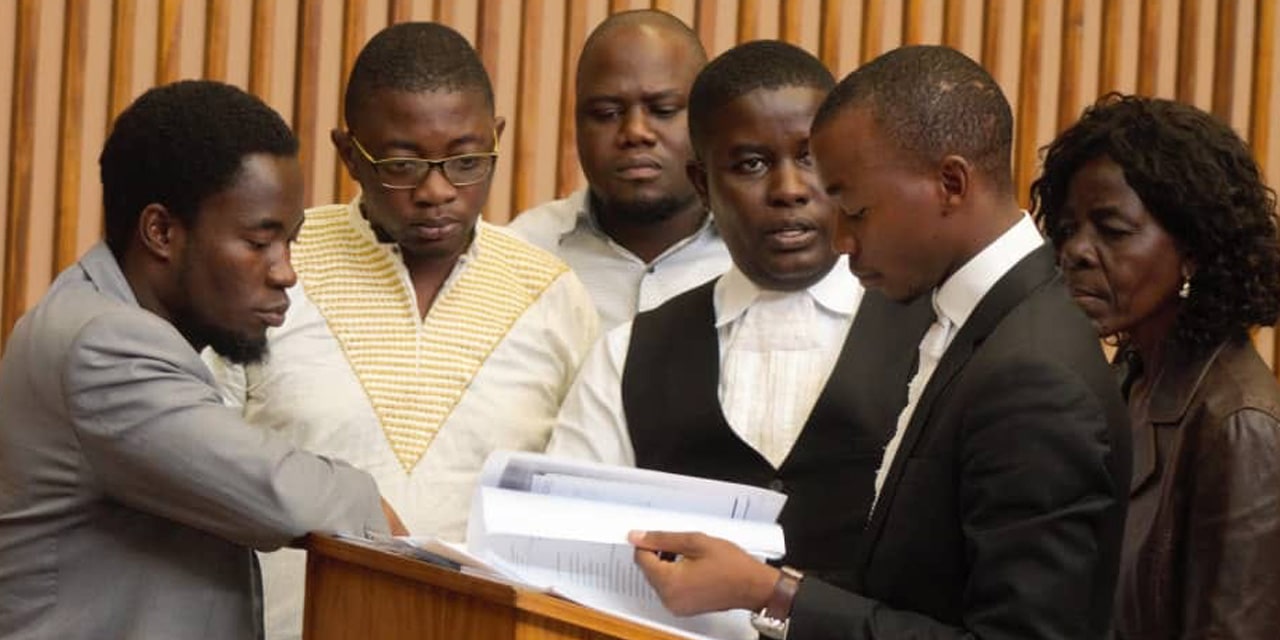Clifton Movirongo
The Affirmative Reposition (AR) movement says it will approach the High Court on Thursday after the Electoral Tribunal for Windhoek dismissed its application for continuous voters’ registration the day before.
This comes as AR in September took the government and ECN to the Electoral Tribunal pursuing an order to make the ECN to implement continuous voters’ registration.
One of the issues placed before the Electoral Tribunal is the decision of the Electoral Commission not to fill the casual vacancy at the Keetmanshoop Urban Constituency as required by Section 3 of the Regional Council Act 22 of 1992.
AR’s legal representative Kadhila Amoomo confirmed to Windhoek Observer, “The matter was not adjudicated on the merits. Learned Magistrate Uanivi said that his court does not have jurisdiction to hear the matter. There we are going to the Electoral Court in the High Court of Namibia so that the merits can be canvassed,” he said.
Affirmative Repositioning spokesperson Simon Amunime said the organisation was concerned about an emerging trend within the judiciary whereby matters of constitutional importance, especially in electoral matters, are not handled according to their merits. The courts tend to focus on administrative technicalities.
“The Affirmative Repositioning Movement will not permit injustices to prevail, whether these injustices arise from electoral matters or matters relating to land or human rights in our country. No amount of judicial technical rulings will stop us from venting issues of constitutional importance,” said Amunime.
He claimed that the trend for Namibian courts to refuse to entertain the merits of electoral cases is “somewhat disturbing”.
“Deciding election matters on technicalities does not assist in allowing major issues to be heard on their merits nor does it support the growth of our jurisprudence in as far as election cases are concerned,” said Amunime.
He also added that the organisation remains convinced, “that the President of Namibia has deserted his duty to make provision for regulations relating to COVID-19 in as far as these elections are concerned.”
In his judgement, Uanivi used a technicality to dismiss the matter and said, “It would not be in the best interest of the parties of this tribunal to ignore or to assess in the first place before it considers the merits of the pleadings.”




